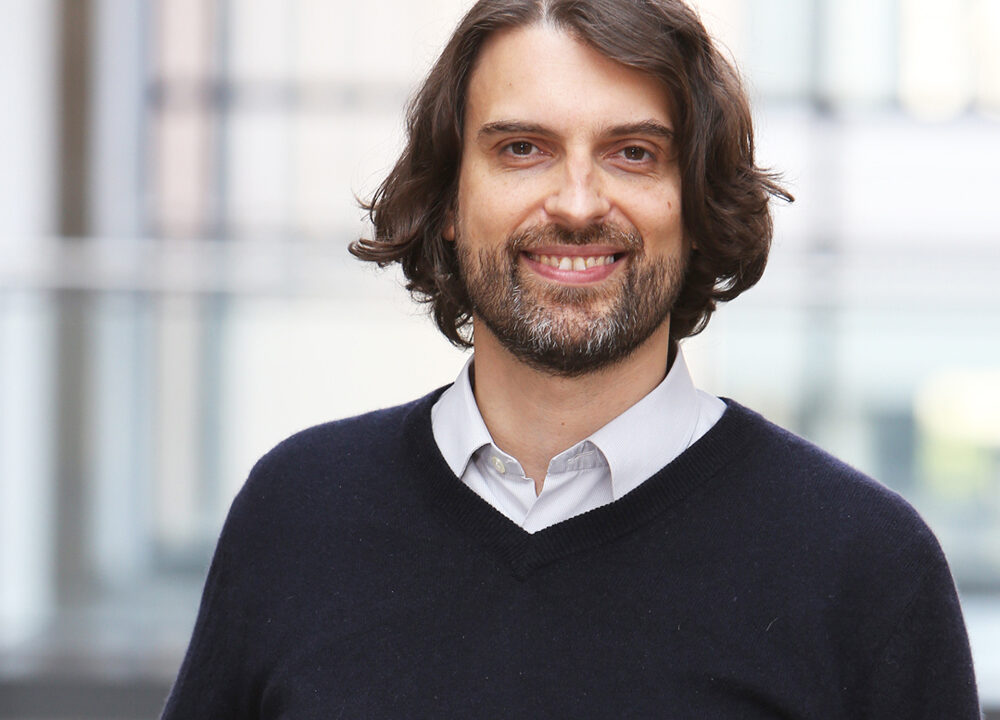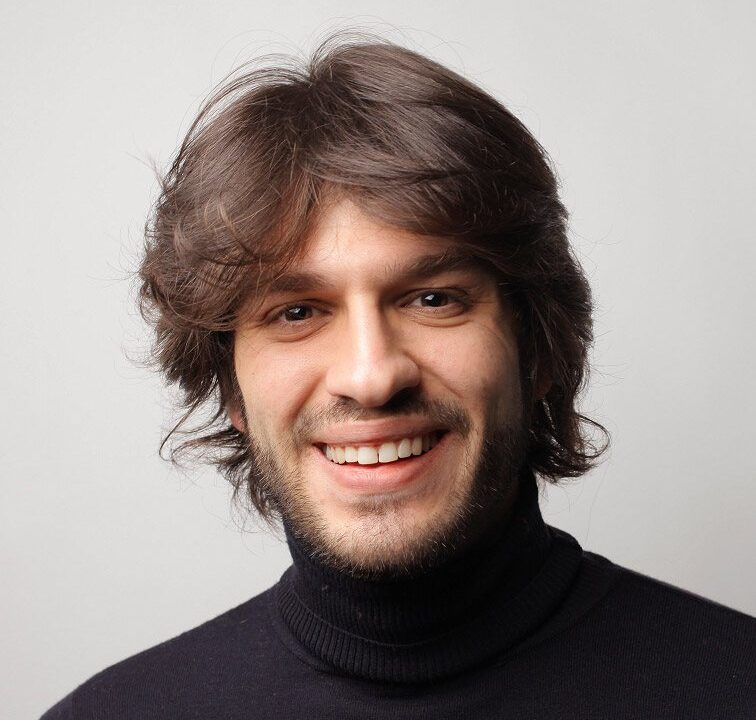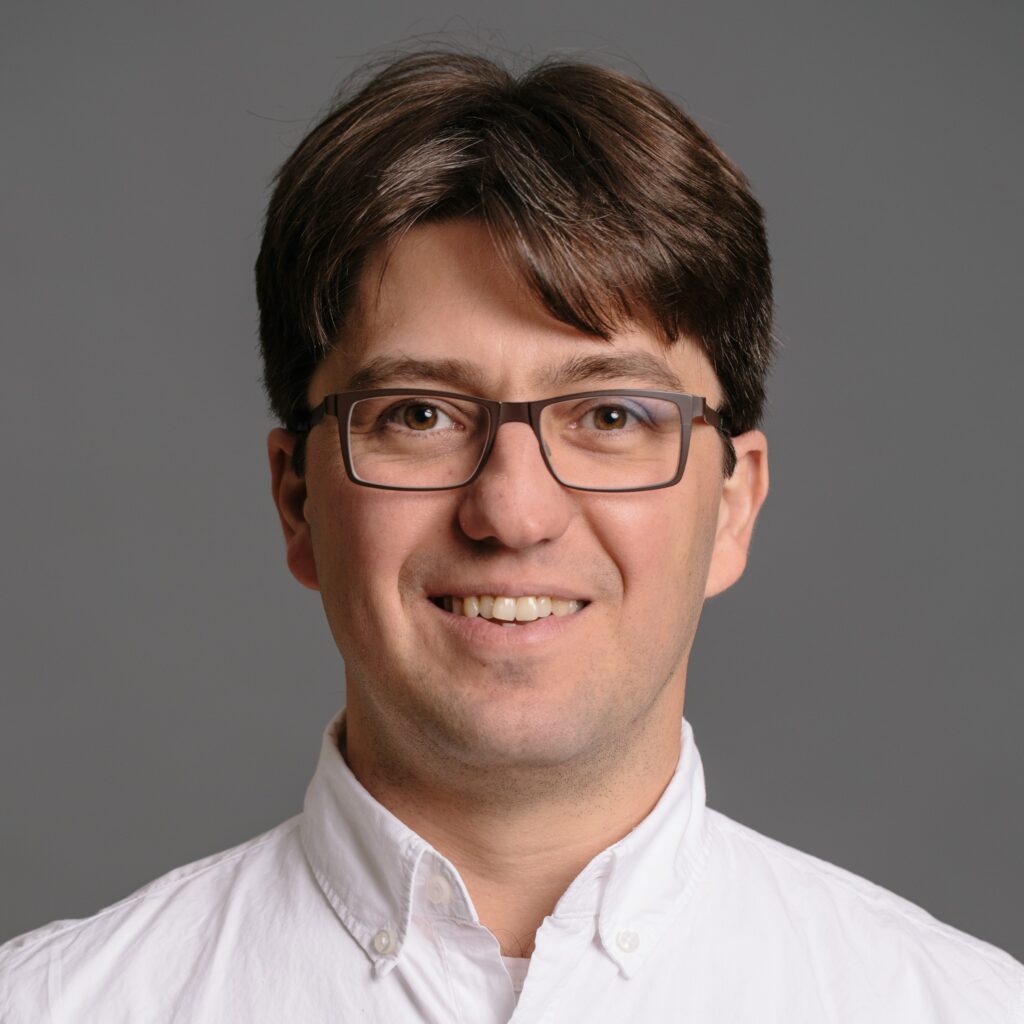STORY SCAPE LEGAL GROUP
Our Team Members

Raymond D. Gilroy

Donald J. Sanders

Arthur E. Khan
Understanding the Role of Best Injury Lawyers: A Comprehensive Guide
In the realm of legal advocacy, the role of car accident lawyers is paramount, serving as the linchpin between justice and those who have suffered harm due to the negligence of others. Navigating the complexities of personal injury law requires a nuanced understanding of both legal statutes and the unique circumstances surrounding each case. This comprehensive guide sheds light on the multifaceted role played by the best injury lawyers, emphasizing their pivotal contributions to securing justice and rightful compensation for their clients.
Legal Expertise and Specialization:
At the heart of effective legal representation lies a profound understanding of personal injury law. The best injury lawyers, such as those at Story Scape Legal Group, boast an extensive knowledge base acquired through years of experience and continuous legal education. Their specialization in personal injury cases equips them with the expertise needed to navigate the intricate web of laws and regulations governing this domain.
Case Evaluation and Strategic Planning:
One of the initial tasks undertaken by adept injury lawyers is a meticulous evaluation of the case at hand. This involves scrutinizing the circumstances of the injury, assessing liability, and identifying key elements that could influence the outcome. With an astute understanding of their client's situation, these lawyers develop comprehensive strategies tailored to the specifics of each case.
Client Advocacy and Communication:
The best personal injury lawyer recognizes the importance of clear and transparent communication with their clients. They serve not only as legal advocates but also as a steadfast support system for individuals grappling with the aftermath of an injury. Open lines of communication ensure that clients are kept informed about the progress of their case, providing reassurance and fostering trust in the legal process.

Negotiation Skills and Settlements:
Many personal injury cases are resolved through negotiations before reaching the courtroom. Here, the prowess of skilled injury lawyers shines. They leverage their negotiation skills to secure favorable settlements on behalf of their clients, ensuring that compensation is commensurate with the damages suffered. Story Scape Legal Group's lawyers are adept at striking a delicate balance between advocating for their clients and seeking resolutions that align with their best interests.
Litigation Expertise:
In instances where negotiations prove futile, the best medical malpractice lawyers seamlessly transition into the courtroom, where their litigation expertise takes center stage. These legal professionals are well-versed in courtroom procedures, adept at presenting compelling arguments, and equipped to navigate the complexities of the legal system. Their courtroom acumen ensures that clients receive a fair and just hearing, even in the most adversarial settings.
Compassion and Empathy:
Beyond the legal intricacies, the best injury lawyers exhibit a genuine sense of compassion and empathy for their clients. Recognizing the emotional toll that injuries can take, these lawyers approach each case with sensitivity, offering not only legal guidance but also a supportive presence. Story Scape Legal Group prides itself on cultivating a client-centric approach that places the well-being of individuals at the forefront of legal advocacy.
Injured? Visit www.philly-injury-law.com for a free consultation!
Conclusion:
In the realm of personal injury law, the role of the best injury lawyers extends far beyond legal representation. It encompasses a multifaceted commitment to justice, client advocacy, and meticulous legal expertise. New York Injury Attorneys P.C. exemplifies these qualities, standing as a beacon of excellence in the field. By understanding the comprehensive role played by these legal professionals, clients can make informed decisions when seeking representation, confident in the knowledge that their chosen injury lawyers are dedicated to securing the justice they rightfully deserve.
Our Client Reviews
Their expertise, compassion, and unwavering dedication to my case were evident from day one. They navigated the complexities of my situation with skill and professionalism, ensuring I felt supported throughout the entire process.

Nicholas T. Keith
Their guidance through the legal process was invaluable, and I always felt confident in their abilities. I couldn't be more satisfied with the outcome, and I wholeheartedly recommend these injury lawyers to anyone in need of exceptional legal representation.

Lloyd V. Pilkington
Contact Us
